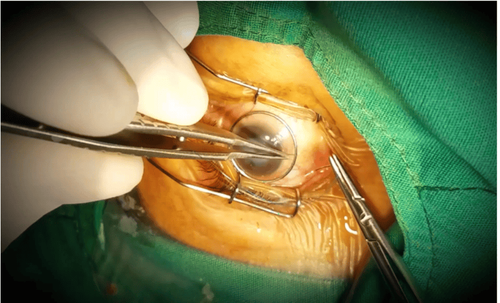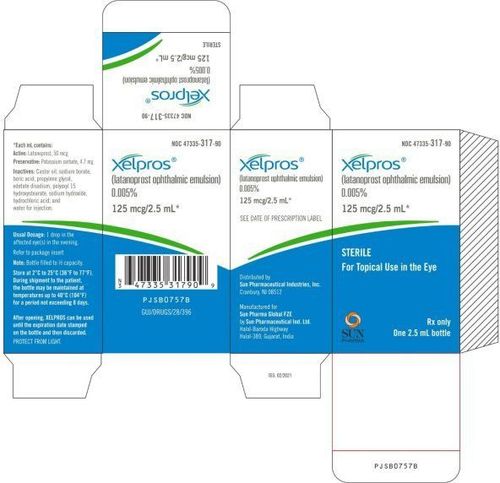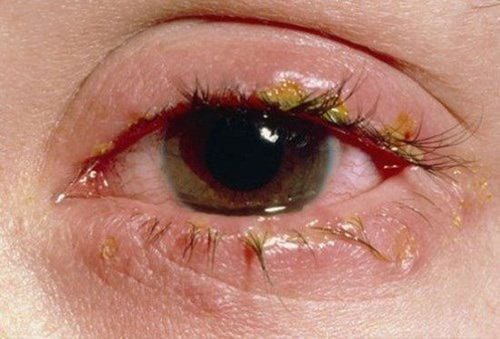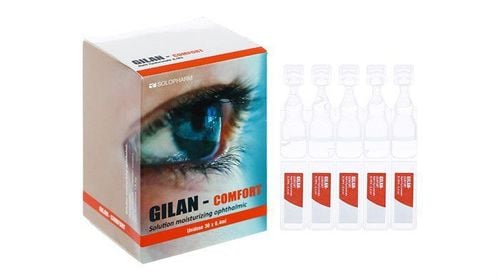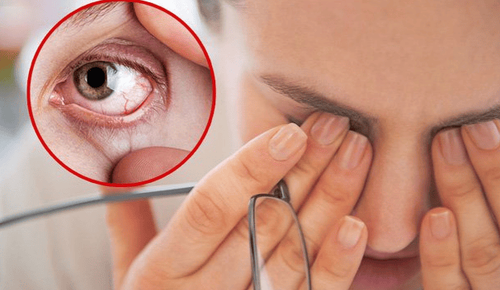This is an automatically translated article.
Akten is a drug with local anesthetic effect, indicated for patients who need to perform eye surgery, such as Lasik or cataract surgery,... Before and during the procedure. When using Akten, patients need to strictly follow the doctor's instructions about the dose and how to use the drug in the safest way.
1. What is Akten?
Akten (lidocaine hydrochloride) eye gel 3.5% is indicated for use in any eye procedure requiring a local anesthetic, such as refractive surgery, cataract surgery, surgery. Lasik surgery and intravenous infusion in the eye. Lidocaine belongs to a class of local anesthetics that work by blocking signals at nerve endings in the eye. Akten should only be used with a doctor's prescription.
2. Uses and usage of Akten
2.1 Indications and uses of the drug Akten Akten is a local anesthetic, indicated mainly for ocular surface anesthesia in ophthalmic related procedures. The drug is used for the following cases:
Patients need Lasik eye surgery. People with cataracts need surgery to treat the disease. The patient needs refractive surgery. 2.2 How to use Akten The drug Akten is in the form of a gel that should be applied to the surface in the area to be operated on. The recommended dose of Akten is usually 2 drops, with additional anesthesia possible if necessary.
3. Common side effects when using Akten
3.1 Akten side effects that require immediate medical attention Akten eye drops gel can cause unwanted side effects under certain circumstances. Patients should report to their doctor or seek immediate medical attention if any of the following side effects occur after using akten, including:
Blurred vision, some noticeable changes eyesight. There is a burning sensation at the injection site. Redness inside the eyelids or the whites of the eyes. 3.2 Akten side effects that do not require immediate medical attention In addition to these dangerous side effects, some patients may also experience milder symptoms after taking Akten, such as headaches. or mild eye discomfort. These side effects are usually not too serious because they can go away during treatment as the body adapts to akten. Your doctor can also recommend ways to help prevent and reduce some of these less serious side effects.
4. Some warnings and precautions when using Akten
Here are some things that patients need to be careful about before and during Akten use, including:
Do not inject Akten. Long-term use of akten can cause permanent corneal blurring or ulceration, followed by loss of vision. Adverse reactions may occur to patients when taking Akten, including changes in the corneal epithelium, corneal hyperconjunctivitis, headache or burning sensation when instilled.
5. What drugs can Akten interact with?
The treatment with Akten with some other drugs can have interactions, easily reduce the effectiveness as well as increase the risk of developing side effects of the drug. Below is a list of drugs that may interact with akten when used together, including:
Amyl nitrite. Aminosalicylic acid. Bupivacaine/bupivacaine liposome. Chloroquine/chloroprocaine. Dapsone. Etidocaine. Isosorbide / isosorbide dinitrate / isosorbide mononitrate. Flutamide . Metoclopramide. Levobupivacaine / mepivacaine / ropivacaine. Nitric oxide. Nitroglycerin/nitroprusside. Procaine/procaine penicillin. Topical silver nitrate/silver sulfadiazine topical. Tafenoquine/tetracaine. If you notice any reaction after using one of the above medicines together with Akten, tell your doctor immediately so that appropriate action can be taken. In addition, before taking Akten, you should also tell your doctor a list of all medications you are currently taking, from prescription drugs, over-the-counter drugs, supplements, vitamins, foods. function to any other herb. This will help the doctor assess the extent and rule out the possibility of drug interactions, thereby ensuring safety and achieving the highest treatment benefit for the patient.
Below is a classification of drug interactions, helping doctors assess the degree of interaction between akten drugs with other drugs, specifically:
Severity of interactions: High clinical significance, the combination should be avoided use drugs together because the risks of interactions outweigh the benefits. Moderate degree of interaction: Moderate clinical significance, usually avoid drug combinations, use only in exceptional cases required. Mild Interactions: Of minimal clinical significance, there is little risk of drug-drug interactions. The doctor may assess the risk and consider an alternative drug when combined with akten, or recommend that the patient take steps to reduce the risk of an interaction. Degree of interaction unknown : There is no information available on the interaction of akten with other medicinal products.
6. Storage conditions for Akten
Akten should be stored at room temperature (below 30 degrees Celsius), avoiding direct sunlight or humid places, because this can change the mechanism of action of the active ingredient in the drug. , thereby affecting the anesthetic effect of Akten. Keep medicines out of reach of small children, do not dispose of drugs indiscriminately, and dispose of expired medicines in the right places.
Above is all the information about the drug Akten, knowing the problems when using the drug will bring good health improvements.
Please dial HOTLINE for more information or register for an appointment HERE. Download MyVinmec app to make appointments faster and to manage your bookings easily.
Reference source: drugs.com - holevn.org



